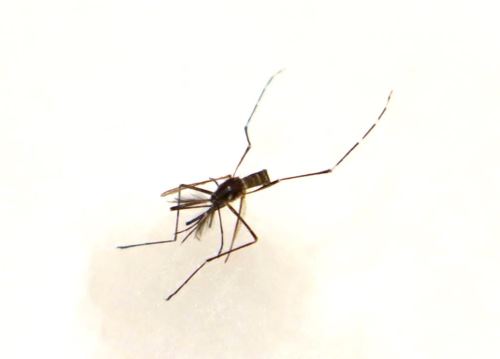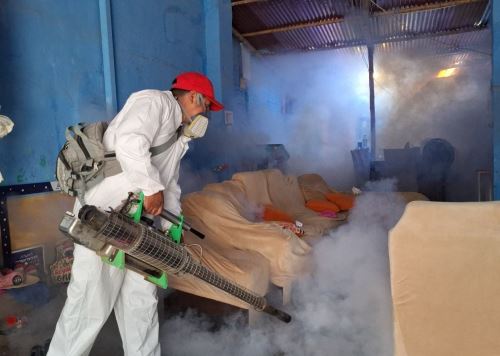The
Ministry of Health (Minsa) launched the "Implementation and Evaluation Plan for the Wolbachia Strategy for Dengue Control in Prioritized Areas 2025–2027," which includes Northern Lima.
What role will these mosquitoes play?
The Wolbachia warriors
The strategy involves releasing mosquitoes carrying Wolbachia, a bacterium that lives inside the insect's cells and is passed from one generation to the next through the insect's eggs.

When an Aedes aegypti mosquito (the dengue transmitter) mates with other carriers of this bacterium, its ability to transmit viruses such as dengue, Zika, chikungunya, and yellow fever is significantly reduced.
Various international studies highlight the effectiveness of this strategy.
The results of a randomized controlled trial published in the New England Journal of Medicine in 2021 showed that the incidence of dengue was reduced by 77% in areas of Yogyakarta, Indonesia, where Wolbachia-carrying mosquitoes were released.
On the other hand, dengue-related hospitalizations decreased by 86% in areas treated with Wolbachia. The effectiveness was similar across all four dengue serotypes.
The release of Wolbachia-carrying mosquitoes will take place over 20 to 24 weeks within a 20-square-kilometer area of a specific zone in Comas, where dengue incidence has been high in recent years.
The goal is for them to mate with local mosquitoes and thereby interrupt disease transmission, turning the mosquitoes from enemies into allies.

Support from Puerto Rico and Australia
The latter works to protect communities worldwide from mosquito-borne diseases such as dengue, Zika, yellow fever, and chikungunya.
WMP Government Relations Director Eduardo Quevedo stated that the choice of Comas is due to its environmental characteristics, the increase in dengue cases in Northern Lima in recent years, and the logistics involved in breeding Wolbachia-carrying mosquitoes.
It will take place in a specially-equipped facility at the National Health Institute (INS) in the city of Lima.
He added that, since this is an innovative technology, it was better to start working in the capital first and then —depending on its progress, consolidation, and results— expand it to new areas.
(END) NDP/KGR/MVB
Published: 8/24/2025